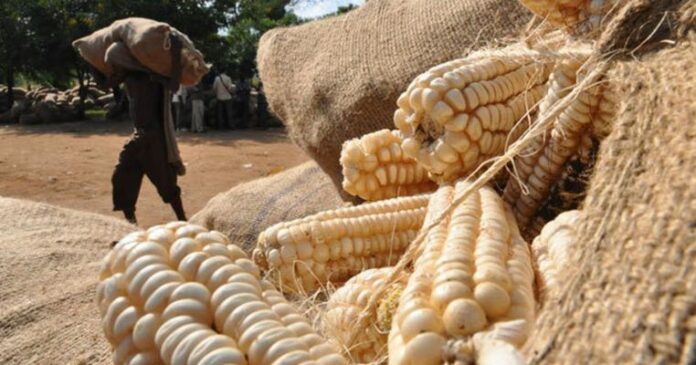In the wake of many challenges, among others, climate change and gender-based differences in African-staple crops production facing farmers in the Sub-Saharan Africa especially women, the quest for improved maize varieties is a vital step for ensuring food security.
In this, the CIMMYT-NARES (National Agricultural Research and Extension Systems) regional maize breeding networks in eastern and southern Africa have embarked on a transformative journey to empower farmers, especially women, through their innovative approach to maize breeding.
The breeding networks are focused on ensuring the smallholder farmers have access to a steady stream of climate-resilient and nutritionally enriched maize varieties that thrive in today’s stress-prone environments.
To ensure these new maize varieties meet the needs of diverse users, including women, the breeding networks continue to adapt approaches to increase gender-responsiveness.
Connecting science with on-ground realities
Evaluating the performance of potential new maize hybrids derived from breeding pipelines in a manner aligned with the practical circumstances of farmers is pivotal to the success of these novel varieties.
In partnership with more than 400 farmers in southern Africa, the CIMMYT-NARES maize breeding network conducts extensive on-farm trials to assess the performance of these fresh maize varieties.
A similar strategy is employed in eastern Africa. What sets these trials apart is the noteworthy participation of female plot managers, accounting for over 40% of these initiatives.
Farmers scrutinize these varieties in the context of their own daily practices, providing valuable feedback to the breeding teams on the potential of these new maize strains.
By actively involving women in the decision-making process, CIMMYT-NARES networks ensure that their preferences and requirements are taken into account when choosing the most promising hybrids for further development, partnership announcements, varietal releases, and eventual commercialization.
Tapping into the wisdom and expertise of farming community
This inclusive approach not only empowers women but also taps into the collective wisdom and expertise of the farming community. Notably, CIMMYT’s research recently revealed a relatively high degree of shared management within maize plots, and since 2022, the on-farm trials have aimed to incorporate approximately 30% of jointly managed plots.
Gender is just one facet of social diversity that affects agricultural production, variety selection, and end uses. Social distinctions such as marital status, age, education level, ethnicity, wealth, access to capital, market connectivity, and livelihood orientation also play a role in the adoption of new varieties and farm productivity.
By embracing the multifaceted nature of farming communities, CIMMYT-NARES networks are actively striving to comprehend various farm typologies while ensuring that the improved maize varieties are tailored to meet the diverse demands of the regions.
Empowering individuals and communities
As the CIMMYT-NARES maize breeding networks continue to make pioneering advancements in developing climate-resilient and nutritionally enriched maize varieties, they are not only revolutionizing agriculture but also empowering individuals and communities.
Through collaborative endeavors, with women farmers at the forefront, they are paving the way for a future where farming communities can flourish and contribute to food and nutritional security.








